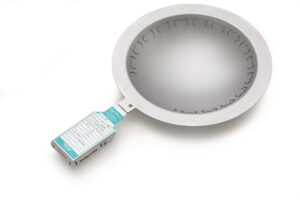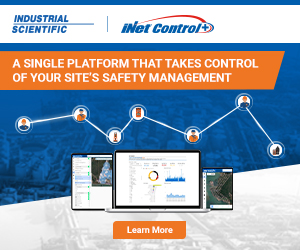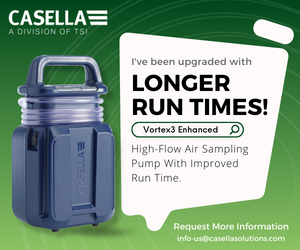Rupture discs: your most important safety device
 Rupture or bursting discs: a non-reclosing, fail safe device and probably the most misunderstood and least appreciated safety device used in systems where pressure or vacuum are present and where excess pressures or vacuum may need to be controlled/relieved when conditions exceed safe design parameters.
Rupture or bursting discs: a non-reclosing, fail safe device and probably the most misunderstood and least appreciated safety device used in systems where pressure or vacuum are present and where excess pressures or vacuum may need to be controlled/relieved when conditions exceed safe design parameters.
The first discs were very simple flat pieces of metal, weakened to open at a supposedly fixed pressure, sometimes with very little accuracy or predictability. Over the years, the technology employed in controlling pressures in oil, gas, petrochemical and other downstream industry processes developed and improved reaching high levels of safety. These technologies, mostly through the use of electronics and pneumatics, maintain a safe working pressure regime in the various plants.
In addition, the forward development of safety valves further enhanced plant safety levels to a point where many process and plant design personnel lost sight of the most important safety device in the plant: the rupture disc.
Today operators and end users have been lulled into a false sense of security that the design engineers and system process/instrumentation designers have covered all the possibilities with sophisticated control and monitoring systems. “Nothing can go wrong, so why do we need a rupture disc?”
There are many reasons why we need rupture discs:
- Rupture discs have extremely fast opening times–typically < 2ms– and thereby respond to sudden pressure rises far faster than any valve.
- Rupture discs provide full bore opening, unlike safety valves where the orifice restricts the flow.
- Rupture discs provide 100% isolation of process fluids, so there are no leaks until the disc opens.
- Rupture discs isolate safety valves from corrosive process media when installed upstream of the safety valve. Rupture discs can also be used downstream to protect the outlet.
- Rupture discs prevent rogue emissions blockage of the safety valve and can be used to pop test the safety valve in-situ.
The same false thinking and lack of understanding of rupture discs has, over many years, led to the mistaken conclusion that rupture discs are a problem because they open and then have to be changed. The whole point of a properly designed rupture disc is that it will ONLY open when the design pressure and temperature are reached or exceeded.
A rupture disc with its companion holder is your most important safety device, as long as it has been specified correctly in the design stage (See “Choose Rupture Discs Wisely” p.12, Chemical Processing Flow eHandbook). It is failsafe, so, regardless of whatever else goes wrong, a properly designed and engineered disc opens at its set pressure. Electronics, pneumatic and mechanical devices can fail, human error can cause operational errors in the pressure system, but a rupture disc still opens, and is the very best protection device for your plant. T E L S T O R Y
REMBE has invested in technological advances in rupture disc design and manufacturing, using laser technology and advanced engineering, to produce the most reliable and cost-effective rupture discs available. But, it does not stop there! REMBE’s in-house R & D continues to focus on design advancement to push engineered rupture discs and associated technologies to new levels of precision and safety.
Share on Socials!
Ergodyne Combats Heat Stress with Six New Chill-Its® & SHAX® Solutions
ION Science’s Falco for Detection in Extreme Environments
New Pig Introduces Shoe Sanitizer Floor
Leaders in Industrial Hygiene
Council for Accreditation in Occupational Hearing Conservation (CAOHC)
Subscribe!
Sign up to receive our industry publications for FREE!









